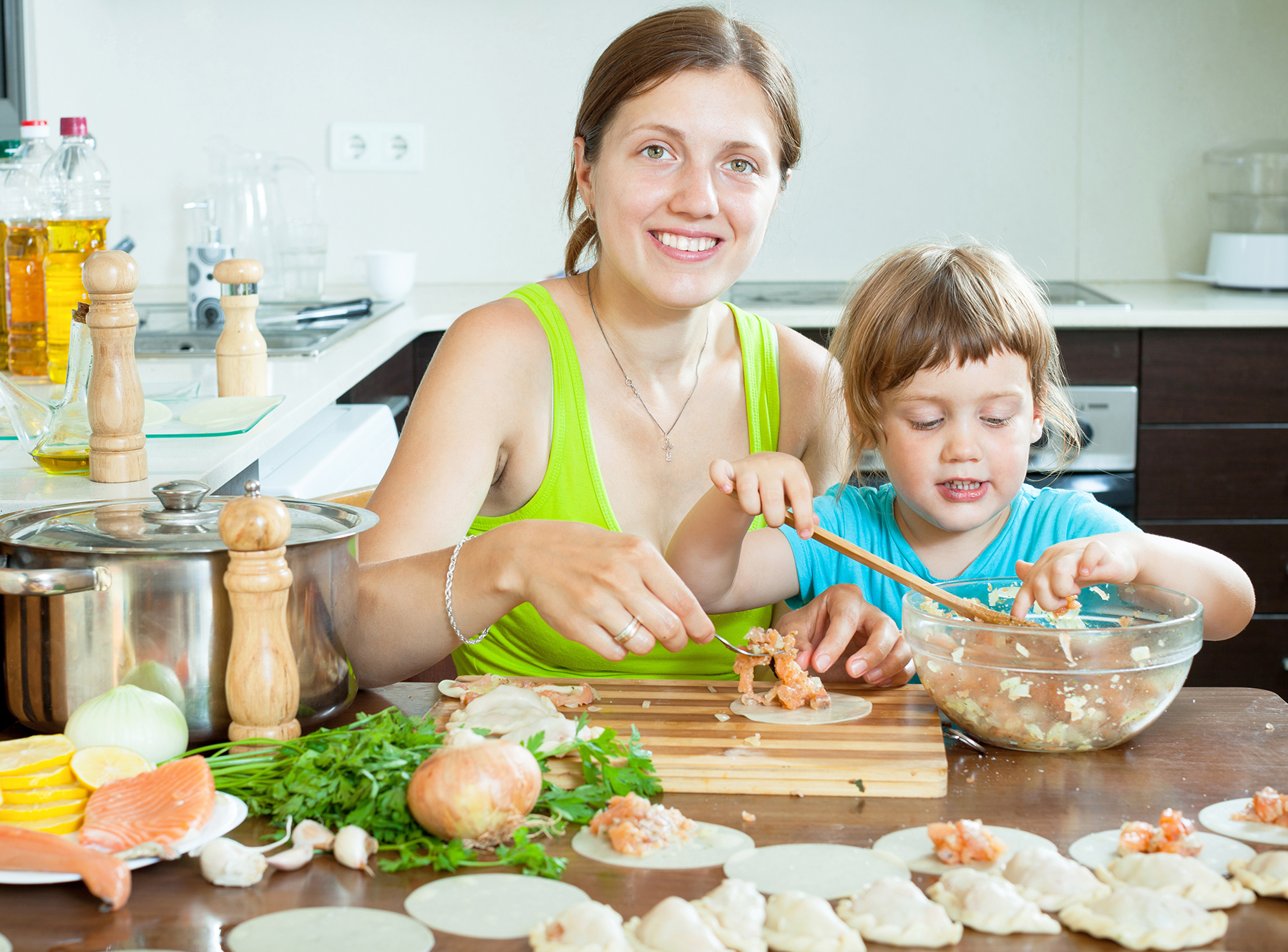
Conquer Burnout!
August 6, 2020
AUGUST 7, 2020: Have you ever hidden from the world to get a few minutes alone? Maybe you are feeling exhausted, overwhelmed, and stressed and a bit guilty for hiding. The novel coronavirus has shaken up our daily lives, and many people may be wondering if we can ever go back to normal after this.
THE SENSE OF BURNOUT IS REAL
The sense of burnout is real. The added pressures posed by the pandemic are very real. When we are burned out, we tend to have a “shorter fuse.” We are less in control of our emotions and less patient.
Experiencing some emotional exhaustion and anxiety is to be expected, the experts agree. The problem is that many of our usual coping mechanisms have vanished – like going to the gym or taking an art class – and trying a new one might actually exacerbate burnout.
FIND ACTIVITIES THAT DON'T FEEL LIKE WORK
Find things that work for you, whether it’s meditation, solitary walks, or bingeing on Netflix. It needs to be very individualized. Don’t pile onto your anxiety: rely on hobbies you already have; ones you know make you happy and take the stress off. A big part of staving off pandemic-induced burnout is that the activity shouldn’t feel exhausting.
When trying to cope in situations beyond our usual situation and control like working longer hours, juggling home-schooling, and work, or forced to self-isolate puts a strain on everyone in different ways.
ALONE TIME AND FAMILY TIME
Your children are also experiencing you in burnout mode, they feel it. Children are tuned into changes in emotions and stress levels. Mothers often feel guilty when they set boundaries or do things for themselves. However, one way to handle burnout is getting some “me time.” Taking time for yourself is needed for physical and mental health.
When children are old enough or there is another caregiver present, light some candles and escape in a bubble bath. Or play your favorite tunes while cooking.
You can also try engaging children in activities you also find enjoyable – spending time outside, exercising, listening to music, watching a movie, or making art. Find ways to restructure routines to make them more enjoyable.
SMALL CHANGES HELP
Little changes can help give you back a bit of control. When we take care of ourselves, we are modeling self-care behavior for our children. We’re teaching them to become adults who know how to manage stress.
Keep the big picture in mind. This all is a season. This will pass.
